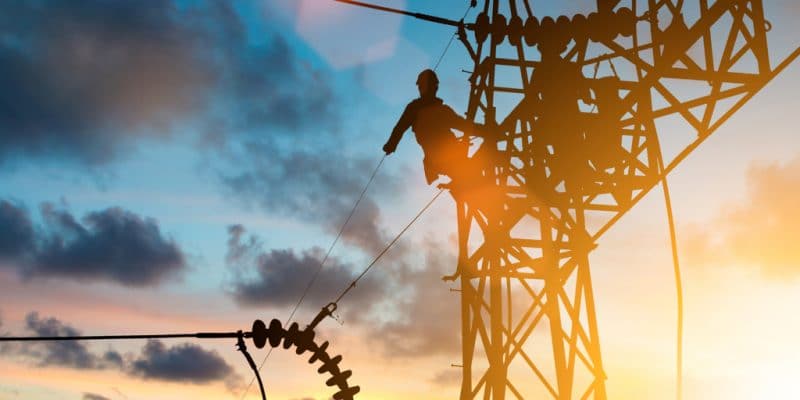The West African Development Bank will receive support from the World Bank and the Clean Technology Funds (CTF) for the implementation of the Off-grid electrification project (ROGEP). The two structures have recently disbursed $150 million and $74 million respectively to support this initiative, which will facilitate access to electricity in 19 African countries.
The implementation of the Regional Off-grid electrification project (ROGEP) is coming soon. At the end of June 2019, the West African Development Bank (BOAD) received financial support for this purpose. The project will therefore be funded to the tune of $150 million. Part of this amount corresponds to a line of credit with a fixed limit of $140 million, the other part represents a grant of $10 million from the International Development Association (IDA), a structure of the World Bank. To finance this revival, the Clean Technology Fund (CTF) is also providing $74.7 million in funding, including $7.5 million in grants.
ROGEP is an off-grid solar electrification project that will be implemented in West and Central Africa. The beneficiary countries of the programme are Benin, Burkina Faso, Cape Verde, Cameroon, Central African Republic, Chad, Côte d’Ivoire, Gambia, Ghana, Guinea, Guinea-Bissau, Liberia, Mali, Mauritania, Niger, Nigeria, Senegal, Sierra Leone and Togo. The completion of this project is expected to provide electricity to approximately 1.7 million people. In each country, solar kits from 20 to 350 KW and other tailor-made solutions will be provided to the inhabitants.
Developing the regional market
The project is based on two main axes. It will facilitate the development of the regional autonomous solar market, on the one hand, and improve access to financing for companies operating autonomous solar systems, on the other. More practically, it will make it possible to detect the barriers that affect the autonomous solar market and raise awareness among policy makers so that they can remove them. It will also provide a framework for the development of regional quality assurance standards for solar equipment, while allowing beneficiary countries to adopt a common external tariff, which will facilitate cross-border trade in autonomous solar products.
Luchelle Feukeng




